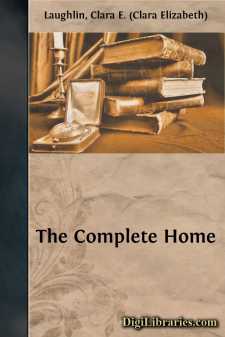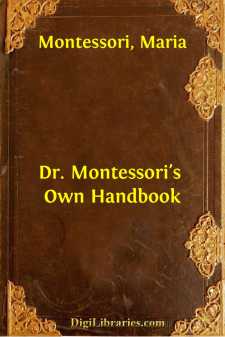Categories
- Antiques & Collectibles 13
- Architecture 36
- Art 48
- Bibles 22
- Biography & Autobiography 815
- Body, Mind & Spirit 144
- Business & Economics 28
- Children's Books 18
- Children's Fiction 14
- Computers 4
- Cooking 94
- Crafts & Hobbies 4
- Drama 346
- Education 58
- Family & Relationships 59
- Fiction 11834
- Games 19
- Gardening 17
- Health & Fitness 34
- History 1378
- House & Home 1
- Humor 147
- Juvenile Fiction 1873
- Juvenile Nonfiction 202
- Language Arts & Disciplines 89
- Law 16
- Literary Collections 686
- Literary Criticism 179
- Mathematics 13
- Medical 41
- Music 40
- Nature 179
- Non-Classifiable 1768
- Performing Arts 7
- Periodicals 1453
- Philosophy 65
- Photography 2
- Poetry 896
- Political Science 203
- Psychology 44
- Reference 154
- Religion 515
- Science 126
- Self-Help 85
- Social Science 82
- Sports & Recreation 34
- Study Aids 3
- Technology & Engineering 59
- Transportation 23
- Travel 463
- True Crime 29
Our website is made possible by displaying online advertisements to our visitors.
Please consider supporting us by disabling your ad blocker.
The Case of Mrs. Clive
by: Catherine Clive
Description:
Excerpt
INTRODUCTION
Among other things, the licensing act of 1737 stipulated that Covent Garden and Drury Lane exclusively were the patented and licensed theaters (respectively) in London, a fact directly related to the revolt of prestigious players six years later. Although there were sporadic performances of "legitimate" drama in unlicensed playhouses between 1737 and 1743, full-time professional actors and actresses were in effect locked into the approved theaters during the regular theatrical season. Suspecting a cartel directed against them personally and professionally by the "Bashas" Rich at Covent Garden and Fleetwood at Drury Lane, the players from Drury Lane in the summer of 1743 banded together and refused to perform the next season until salaries and playing conditions improved. Tardy and partial payment of salary was the surface sore point, unprincipled and unwarranted manipulation by the managers the underlying one. As the Macklin-Garrick quarrel attests, the conflict was not only between labor and management; but the latter confrontation is central to the conflict in 1743 and the subject of The Case of Mrs. Clive Submitted to the Publick, published in October, 1744, by which time Catherine (Kitty) Clive had established herself as not only first lady of comedy but also as somewhat of a patriot of the acting profession and the Drury Lane company.
Coming to Drury Lane in 1728 while still in her teens, Kitty Rafter (1711-1785) quickly became a favorite of the town by virtue of her singing voice, vivacity, and gift for mimicry. Admired first as a singing actress, Miss Rafter in 1731 gave unequivocal notice of her considerable talent as a comic actress in the role of Nell in Coffey's The Devil to Pay, one of several hundred she mastered. Her specialties: Flora in The Wonder, Lady Bab in High Life Below Stairs, Lappet in The Miser, Catherine in Catherine and Petruchio, Mrs. Heidelberg in The Clandestine Marriage, and the Fine Lady in Lethe. Mrs. Clive's (on 4 Oct. 1733, Miss Rafter married George Clive, a barrister) popularity as comedienne and performer of prologues and epilogues is indicated by the frequency of her performances and long tenure at Drury Lane (she retired in 1769) and documented by the panegyrics of Fielding, Murphy, Churchill, Garrick, Dr. Johnson, Horace Walpole, Goldsmith, fellow players, contemporary memoir writers, and audiences who admired her. Dr. Johnson, I feel, gives the most balanced, just contemporary appraisal of Mrs. Clive the actress: "What Clive did best, she did better than Garrick; but could not do half so many things well; she was a better romp than any I ever saw in nature." Part of the half she could not do well were tragedy roles, attested to by Thomas Davies, who comments on her performances as Ophelia in Hamlet and Zara in The Mourning Bride: "Of Mrs. Clive's Ophelia I shall only say, that I regret that the first comic actress in the world should so far mistake her talents as to attempt it." And on Zara, "for her own benefit, the comic Clive put on the royal robes of Zara: she found them too heavy, and, very wisely, never wore them afterwards." Part of the half she could do well is noticed, once again, by Davies: particularly adroit and distinguished in chambermaid parts, Mrs....












